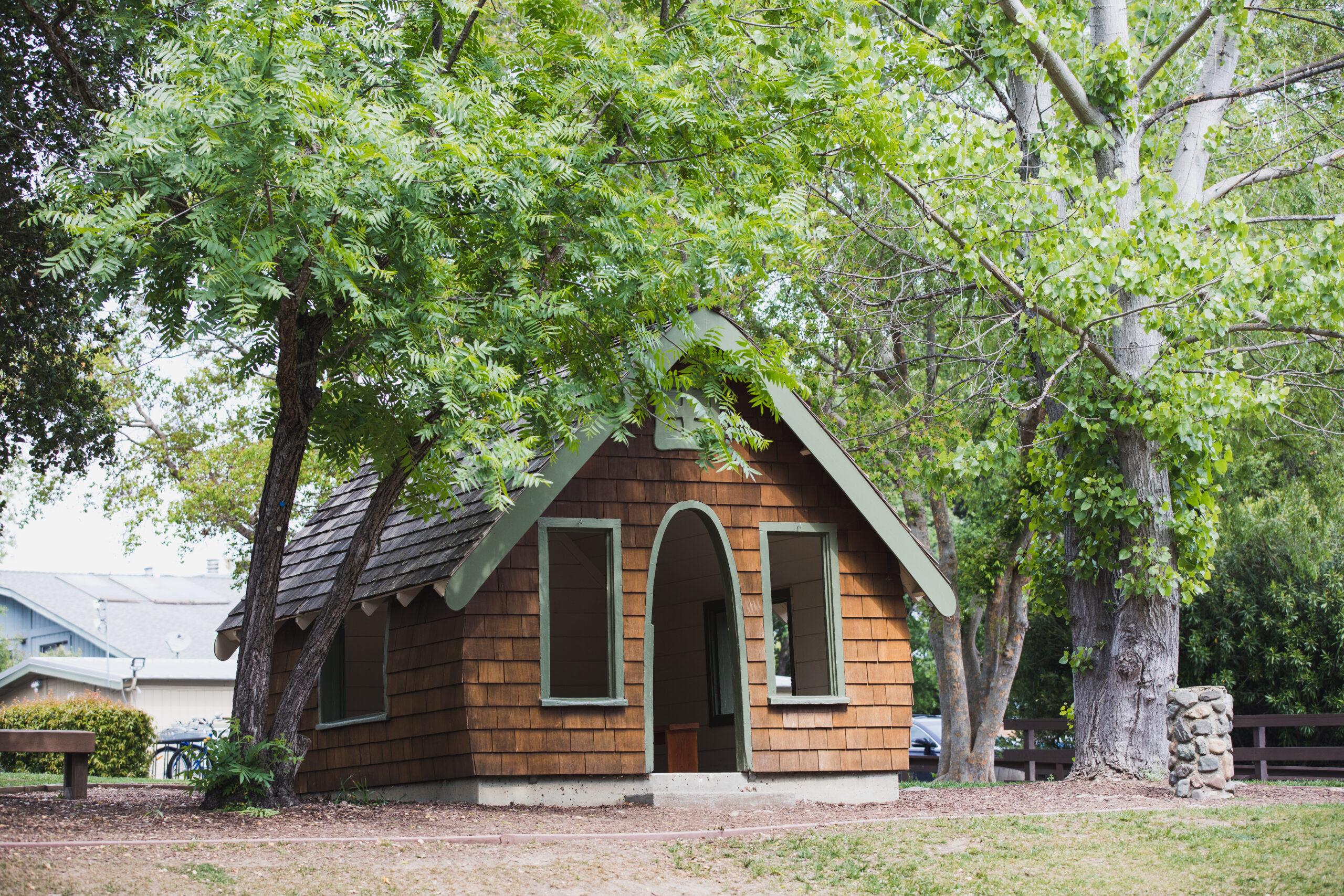Monday morning felt to me a little like the first day of school. Our three children were downstairs, dressed and ready to go by 7 am. Opening doors at carpool, I was greeted by enthusiastic cries of “Happy New Year!” and smiling children jumping out of the car, clearly excited about returning to school. I sensed that everyone—teachers, parents, and children—were happy to get back to school and back into the routine.
Taking advantage of the spirit of new beginnings, I took a few minutes at Flag to remind students about our theme for the year—be your best. In particular, I encouraged them to focus on a critical part of our vision: to reach beyond yourself to make a difference in the world. I noted how our community had rallied together before the break with the gift card drive to raise more than $2,000 for the San Jose Family Shelter, and I also mentioned how each class had a service learning project that teaches them about ways that they can give back to their community. I asked them to think about how they could help others—their peers, their teachers, even their parents.
Following my talk, one of the teachers shared with me a TedTalk that had been given just last month in San Francisco. Boyd Varty, a South African conservationist, writer, and fourth-generation owner of a game reserve, gave his talk only hours after Nelson Mandela died. In his talk, Boyd explores the concept of “ubuntu,” a South African term meaning “I am, because of you.” Or, to put it another way, “people are not people without other people.” Later in the talk, he extended the concept to include all living creatures. Through inspiring stories of people and animals who served something bigger than themselves, Boyd challenges all of us to recognize the importance of seeing ourselves as part of a larger collective.
As parents, we all know how difficult it can be to get our children to recognize the truth behind the oft-repeated comment, “the world does not revolve around you.” The challenge can be particularly acute during the holiday season, with what can sometimes feel like a deluge of gifts and an intense focus on “me, me, me”.
As a school, we strive to teach to children the importance of reaching out to others in a wide range of ways. Our SEL program, anchored by morning meetings each day in every grade, creates numerous opportunities for teachers and students to talk about community and to think about how each individual fits into the larger whole. Our service learning program, as noted earlier, ensures that each year children are asked to think about a social issue (e.g., the environment in Kindergarten, disabilities in 3rd grade, limited library resources in Africa and other places in 6th grade) and to take some action to help address that problem. Hillbrook’s partnership with Breakthrough Silicon Valley shows our institution’s commitment to creating and supporting opportunities for high potential, under-served students.
This year’s Kindergarten teachers are working to help children see the world from beyond their own perspective through the use of “block dolls,” wooden blocks with a pretend child’s face on them. Each doll has a name and a fictional back-story, reflecting the diversity of family structures and cultural backgrounds of the children in the classroom. Teachers will use the dolls to role play real situations that happen at school—inclusion/exclusion, name-calling, up-standing/by-standing—helping to de-personalize these sticky situations while also encouraging children to see things through someone else’s eyes.
Teachers are continually looking for ways to challenge students to seek out solutions to real-world problems. In 6th grade science, for example, students have been asked to use a design-thinking approach to research an issue—world hunger, waste, eating disorders, autism—and then create some type of solution. As with all good design-thinking projects, a successful project requires true empathy, as students are asked to understand a human-centered issue and then design a solution based on that understanding. In addition to research through books or other sources, students had to do some type of research involving another person, such as an interview or survey.
Building on my comments at Flag on Monday, I encourage you to talk to your children about how they can reach beyond themselves to make a difference at home, at school, and in the world. Share stories with them of ways in which you or others you know have performed meaningful acts of service or have reached out to support someone in need. Learn more with your children about inspiring individuals like Nelson Mandela who devoted their lives to serving others. Look for opportunities to participate with your children in service projects in the community.
Ultimately, I encourage all of us through actions and words to recognize our common humanity and to celebrate and honor our interconnectivity. Boyd Varty said it well, “Our own well-being is deeply tied to the well-being of others.” Put another way, part of being our best means striving to bring out the best in other people.
